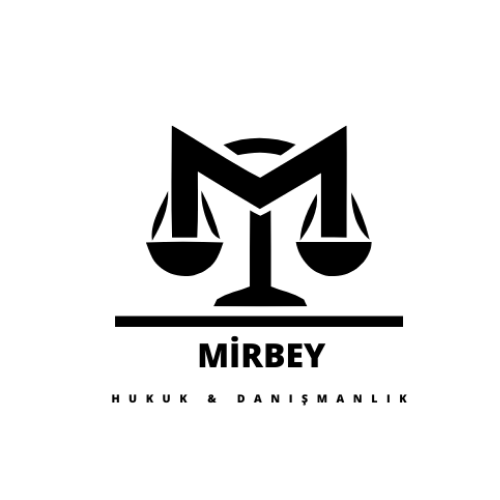- admin
- Rental Law
- 16 Aralık 2020


Navigating the world of rental law can be challenging for both tenants and landlords. Whether you’re renting your first apartment or have been a tenant for years, understanding your rights and responsibilities under rental law is crucial for maintaining a harmonious and legally compliant living arrangement. This blog post aims to shed light on some of the most important aspects of rental law, helping you stay informed and protected.
Key Aspects of Rental Law
Lease Agreements: A lease agreement is a legally binding contract between a tenant and a landlord. It outlines the terms and conditions of the rental arrangement, including the duration of the lease, rent amount, and any rules or regulations that must be followed. It’s essential to read and understand your lease agreement thoroughly before signing it. Ensure that all verbal agreements are included in the written contract to avoid future disputes.
Security Deposits: Security deposits are typically required by landlords to cover potential damages or unpaid rent. Rental law dictates how much a landlord can charge for a security deposit, how it must be held, and the conditions under which it can be withheld at the end of the tenancy. Tenants should perform a walk-through inspection with the landlord before moving in and document any existing damage to avoid being unfairly charged for it later.
Maintenance and Repairs: Landlords are generally responsible for maintaining the rental property and ensuring it meets health and safety standards. This includes making necessary repairs in a timely manner. Tenants also have responsibilities, such as keeping the property clean and reporting any maintenance issues promptly. Understanding these obligations can help prevent conflicts and ensure a safe living environment.
Tenant Rights
Right to Privacy: Tenants have the right to privacy in their rental home. Landlords must provide notice before entering the property, except in emergencies. The required notice period can vary by jurisdiction, so it’s important to know the specific laws in your area.
Right to a Habitable Home: Tenants are entitled to a safe and habitable living environment. This means the property must have working plumbing, heating, and electrical systems, as well as be free from significant hazards. If a landlord fails to make necessary repairs, tenants may have legal recourse, such as withholding rent or terminating the lease.
Protection Against Discrimination: Rental law prohibits discrimination based on race, color, national origin, religion, sex, familial status, or disability. If you believe you have been discriminated against by a landlord, you can file a complaint with the appropriate government agency.
Tenant Responsibilities
Paying Rent on Time: One of the primary responsibilities of a tenant is to pay rent on time and in full. Failure to do so can result in late fees, legal action, or eviction. If you are having trouble paying rent, communicate with your landlord as soon as possible to discuss potential solutions.
Respecting the Property: Tenants are expected to use the rental property responsibly and avoid causing damage. This includes adhering to any rules outlined in the lease agreement, such as noise restrictions or pet policies.
Notifying the Landlord of Issues: Promptly reporting maintenance issues or necessary repairs to the landlord is crucial. This ensures that problems are addressed before they become more serious and costly to fix.
Conclusion
Understanding rental law is essential for both tenants and landlords to ensure a fair and smooth rental experience. By familiarizing yourself with your rights and responsibilities, you can help prevent disputes and create a positive living environment. If you ever find yourself in a legal dispute, seeking advice from a qualified attorney who specializes in rental law can provide the guidance and support you need.

